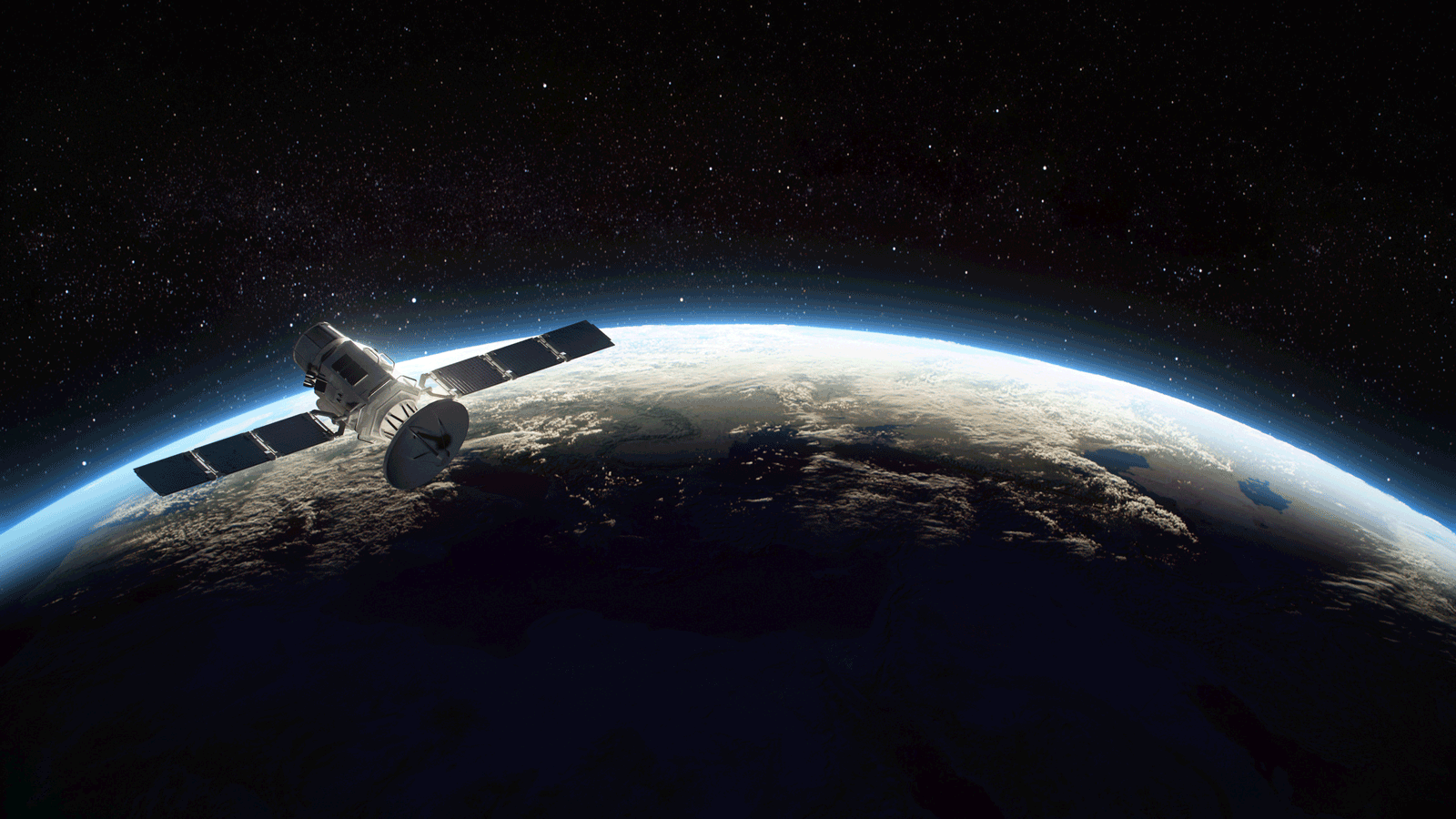
By Jack Loughran Fri 9 Feb 2024
The UK Space Agency (UKSA) will fund technologies that could keep satellites orbiting in space for longer and make the sector more sustainable.
Rising levels of space debris are threatening to obliterate satellites and knock out internet access and GPS.
The new funding should help reduce the number of new launches by keeping existing satellites operating for longer. The package includes £2m for an upgrade to the Satellite Applications Catapult’s In-Orbit Servicing and Manufacturing (IOSM) facility at the Westcott Space Cluster in Aylesbury.
The upgrade will provide access to the large-scale equipment needed to replicate orbital conditions and flight dynamics. This includes expanding the core capabilities to enable dynamic tracking, real-time positioning and a gravity off-load system, and enhancing the orbital simulation environment.
The in-orbit simulation robots will also benefit from increased ‘digital twin’ capabilities, which act as a proxy for the space environment and enable testing in the virtual world. The facility will help UK firms demonstrate a range of in-orbit operations including manufacturing, servicing, inspection, repair and assembly.
A further £1.5m will go toward feasibility studies on refuelling satellites in space to extend their life and reducing the amount of space debris.
There are now around 37,000 pieces of space debris measuring more than 10cm in orbit, and an estimated one million pieces sized 1cm to 10cm. The government is ramping up its space ambitions with plans to launch six new spaceports in a bid to make the UK one of the premier spots in Europe to launch satellites from.
Space minister Andrew Griffith said: “Tackling space debris and maintaining ease of navigation in space is vital to allowing future exploration and protecting the everyday services we all rely on, from location and financial services to weather forecasting and broadband.
“To ensure that long-term sustainability, we are funding new technologies for satellite refuelling, and upgrading this important national facility at Westcott to help bring innovations to market faster, in turn growing our economy.”
Ray Fielding, head of space sustainability at the UKSA, said: “Until recently, satellites have been designed as one-shot items: non-refuellable, with mission lifespans coming to an end when the satellite can no longer manoeuvre effectively.
“This package of funding shows the UKSA is leading work to develop UK capabilities in performing in-orbit tasks, such as refuelling, and demonstrating leadership in more sustainable space operations.”

Leave a Reply